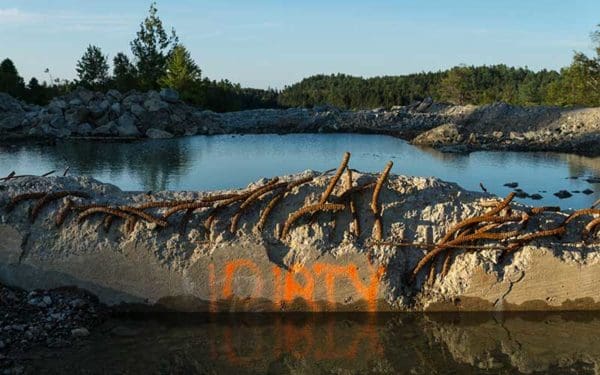Got Leftovers? Thrifty Tips for a Waste Free Gathering
Hosting a waste-free gathering doesn’t have to be difficult. Here are a few tried-and-true tips to reduce food waste on your next summer cookout – and during your holiday feasts, too.

Hosting a waste-free gathering doesn’t have to be difficult. Here are a few tried-and-true tips to reduce food waste on your next summer cookout – and during your holiday feasts, too.

Litter is taking a toll on Massachusetts’ health and economy. These three reasons show how an updated bottle bill could help us change that.
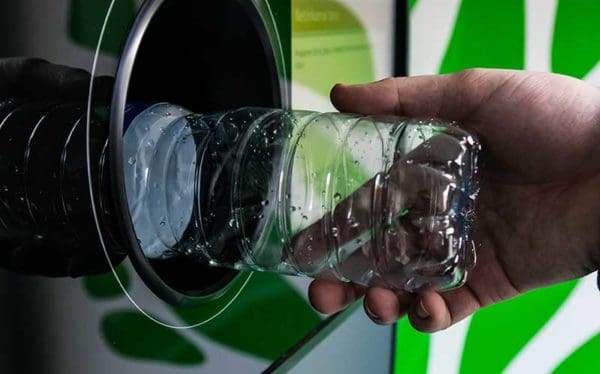
“There’s no reason why tons of food should end up in New Hampshire’s landfills and incinerators,” said CLF attorney Nora Bosworth, Zero Waste Attorney at CLF. “Food decomposing in landfills spews toxic methane pollution, threatening our health and worsening the climate crisis. In fact, food is the single largest component in most landfills, so keeping it out of our trash will decrease our reliance on poisonous and unsustainable landfills. This provision will ensure that more food is donated or and composted, which is a win for our communities and the planet.”
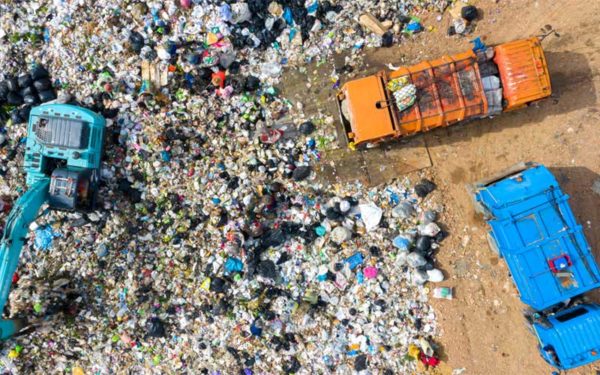
Since 2019, CLF has been fighting alongside Bethlehem residents to stop an unnecessary landfill expansion. Now, our fight against Casella heads to the New Hampshire Supreme Court.

A newly approve facility will turn methane gas leaked from the Juniper Ridge landfill into energy, but it’s really just a way for the fossil fuel and waste industries to maintain the status quo.
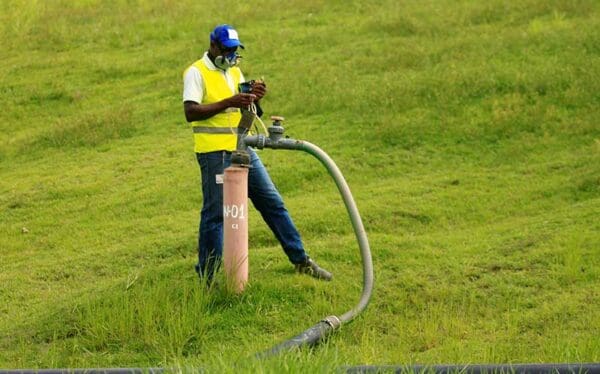
“All landfills eventually leak. While we ultimately need to move away from burying our waste, we need to make sure landfills are safe for New Hampshire in the meantime,” said Tom Irwin, Vice President CLF New Hampshire.

“Governor Sununu let New Hampshire down today,” said Tom Irwin, Vice President of CLF New Hampshire. “While we ultimately need to move away from landfilling, it’s critical that the state develop strong laws regarding how and where these facilities are allowed to be located. All landfills eventually leak toxic pollutants and this bill would have ensured that our waters are better protected. The legislature must override this veto.”

Millions of adults and children around the country and here in New England suffer from a lack of access to affordable, nutritious food. What’s more, so much perfectly edible food gets dumped in landfills every day. The good news is that we can alleviate both of these problems at the same time.

Burying incinerator ash harms our health and environment. Yet, as New England’s incinerators limp on well past their lifespans, several ash landfills across the region want to expand.
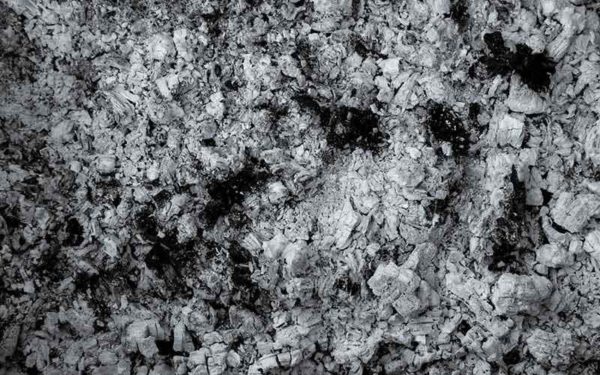
Thousands of hazardous waste sites and chemical facilities across New England are unprepared for the impacts of climate change. The failure of regulators to require such preparation leaves the health of our communities and our environment in jeopardy.
